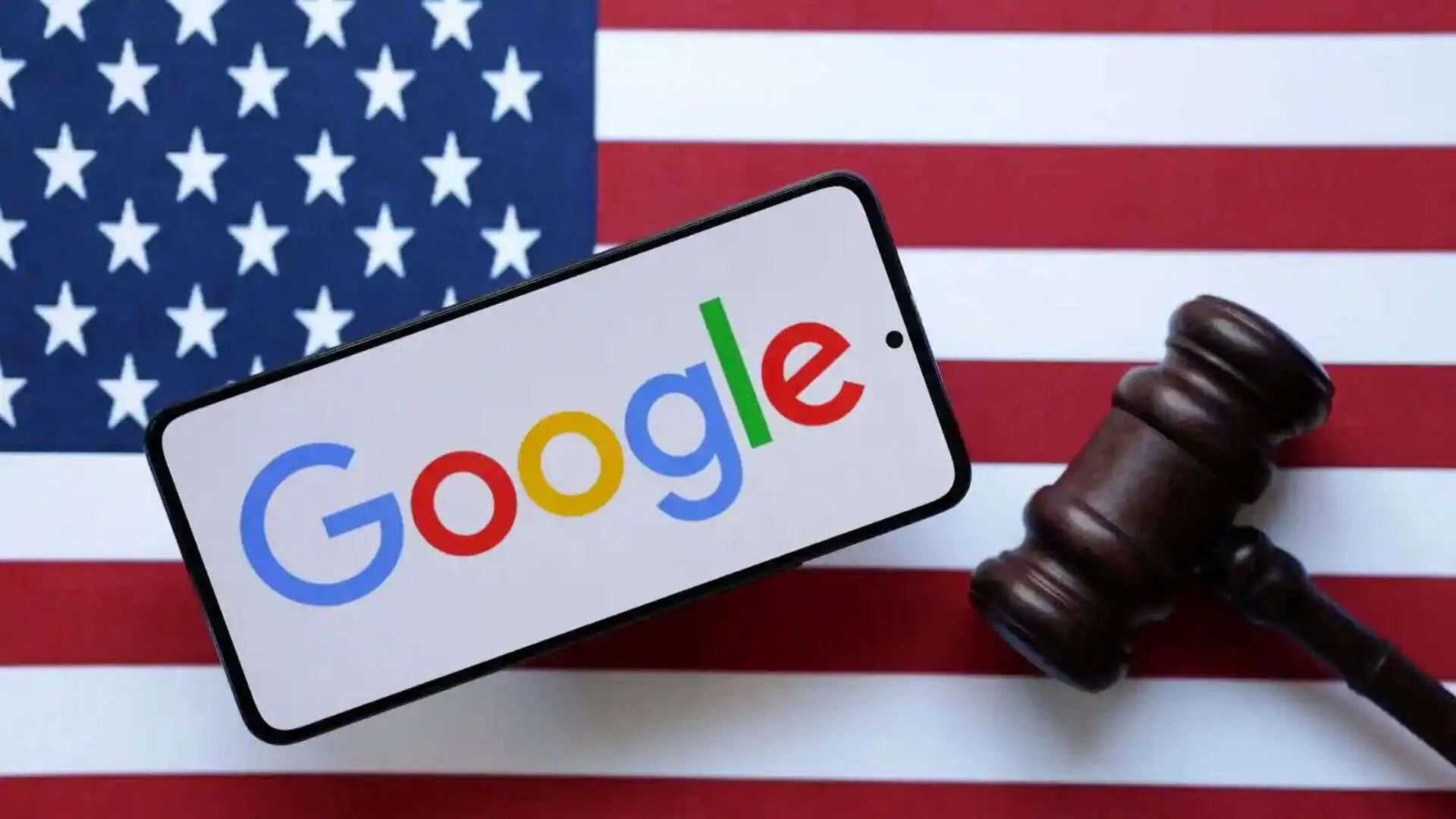US regulators and 17 states are suing Amazon over allegations the e-commerce behemoth abuses its position in the marketplace to inflate prices on and off its platform, overcharge sellers and stifle competition. The lawsuit, filed Tuesday in federal court in Amazon’s home state of Washington, is the result of a years-long investigation into the company’s businesses and one of the most significant legal challenges brought against it in its nearly 30-year history.
The Federal Trade Commission and states that joined the lawsuit allege Amazon is violating federal and state antitrust laws. They are asking the court to issue a permanent injunction that they say would prohibit Amazon from engaging in its unlawful conduct and loosen its “monopolistic control to restore competition”.
The complaint accuses the company of engaging in anti-competitive practices through measures that deter sellers from offering lower prices for products on non-Amazon sites, an argument mirroring allegations made in a separate lawsuit filed last year by the state of California.
The lawsuit says Amazon buries listings offered at lower prices on other sites. At the same time, it also charges sellers high fees, forcing merchants to raise their prices on the platform, as well as on other e-commerce sites in order to keep their products competitive on Amazon.
“The complaint sets forth detailed allegations noting how Amazon is now exploiting its monopoly power to enrich itself while raising prices and degrading service for the tens of millions of American families who shop on its platform and the hundreds of thousands of businesses that rely on Amazon to reach them,” FTC Chairman Lina Khan said in a prepared statement. Seattle-based Amazon.com Inc. said the FTC is “wrong on the facts and the law” and had departed from its role of protecting consumers and competition.
“If the FTC gets its way, the result would be fewer products to choose from, higher prices, slower deliveries for consumers, and reduced options for small businesses — the opposite of what antitrust law is designed to do,” Amazon General Counsel David Zapolsky said in a prepared statement.
The lawsuit also accuses Amazon of degrading customers’ experience by replacing relevant search results with paid advertisements, favouring its own brands over other products it knows to be of better quality, and charging heavy fees that force sellers to pay nearly half of their total revenues to Amazon.
According to the anti-monopoly organization Institute for Local Self-Reliance, the cut sellers give to Amazon from their revenue is up from 35 per cent in 2020 and 19 per cent in 2014.
The lawsuit also says Amazon compels sellers to use its logistics service, Fulfillment by Amazon, in order to make their products eligible for Amazon Prime, even though many of them would rather use alternative fulfillment services to get orders to customers.

















